Think of your favorite movie.
Do you have it? Maybe it's Harry Potter, The Godfather, Gone With the Wind, or even Dumb & Dumber. When you sit down and really think about it, you'll see that in every story there is a series of events that happen in which the protagonist faces new challenges, overcomes obstacles, and in the end comes home stronger than before. It seems there's a pattern of narrative to all of these stories... some type of universal script for the heroes of every tale.
Joseph Campbell defined this as The Hero's Journey.
(I am the president of the Super-Lame-And-Equally-Obsessive Joseph Campbell Fan Club. Remember back in the Myspace days when bands had "Street Teams" in every city? Well I would be the head guy in ATX.)
Joe incessantly lectured that the stages that heroes take are applicable to our own lives. Check out this image:
So with the above pattern we think of Bilbo Baggins. He is called to go on this quest (2), he refuses to go (3), Gandalf sends in dwarves to convince him (4), Bilbo finally accepts and they leave (5), etc. This is pretty easy to track when we look at literature or film from a 3rd party, objective stance, but Joe also talks about the inner journey for each hero. This is entirely subjective to the protagonist and necessary for change. Check it out:
So think of a hardship that you've had to face in your life. It could be anywhere from a death in the family to even your first breakup. When you apply this structure to those challenges, you'll find that you actually went through these stages yourself.
Pretty trippy huh?
From what we know from Dan Siegel's Interpersonal Neurobiology, we want to be as fully integrated in our lives as possible. Our Left Brain wants structure and our Right Brain is pure emotion. Well when we take our current dilemma at hand-- let's say you are going through a breakup or a divorce-- we find that by pinpointing where we are on this journey actually...
1) puts structure to thought
2) notes progress, all the while
3) integrating both our right and left brain
Joseph Campbell was highly influential. His work was the lead inspiration for George Lucas in creating Star Wars, but it doesn't need to just be a cool pattern to predict the next scene in a movie. We can (and should) apply this to our lives. We can tell the stories that we want to tell and note challenges when they occur.
We can be the heroes in our own stories.



